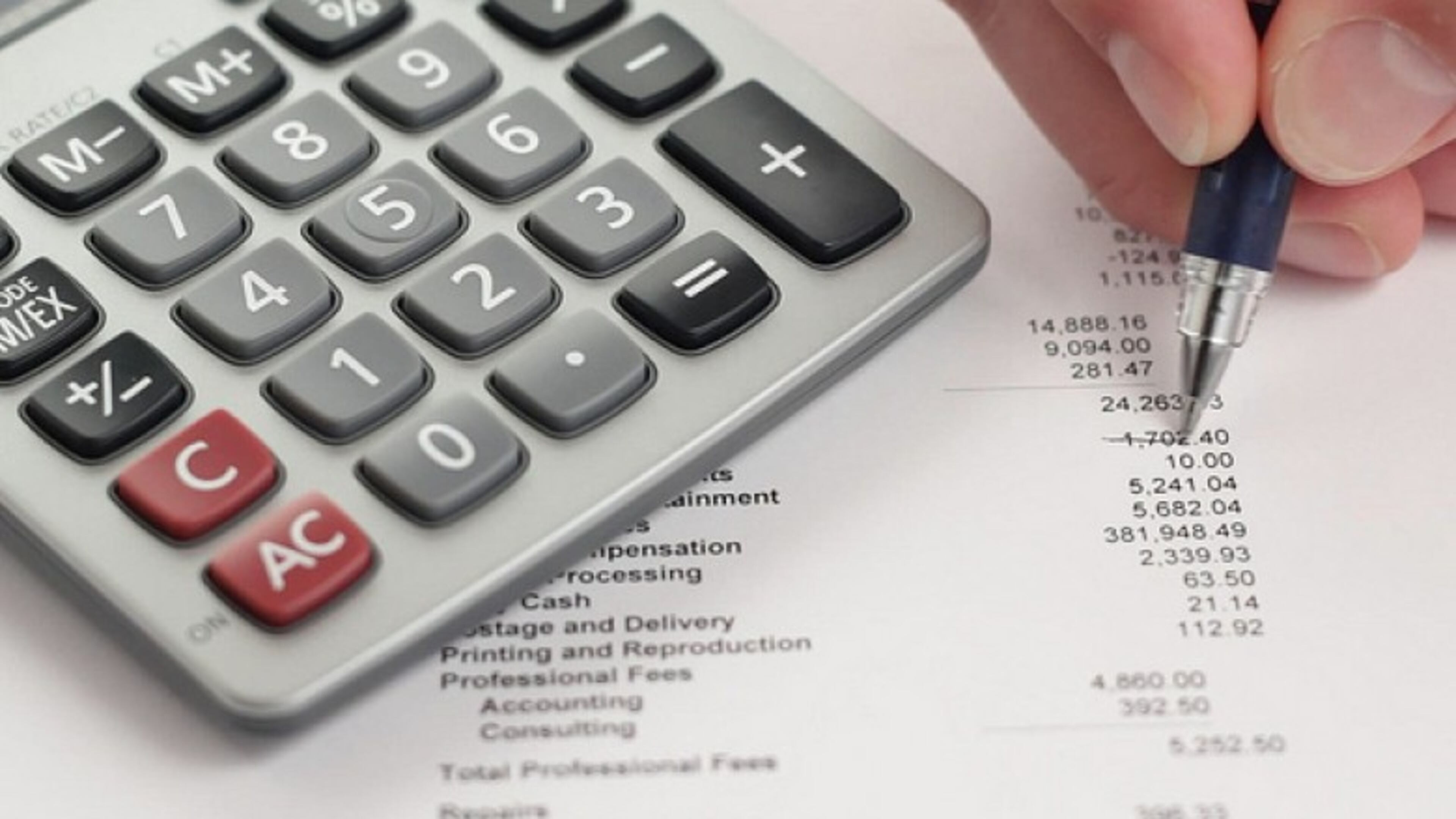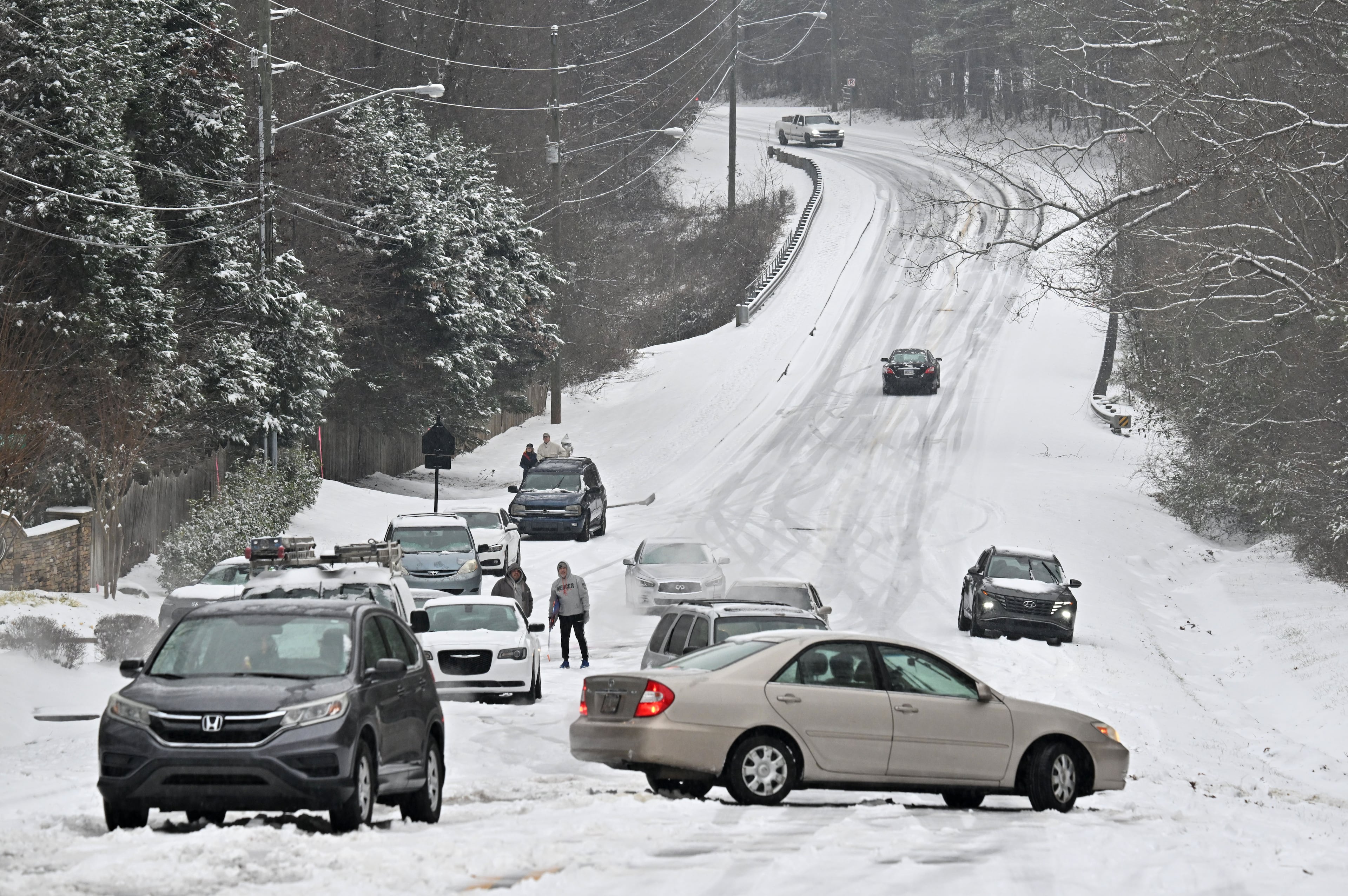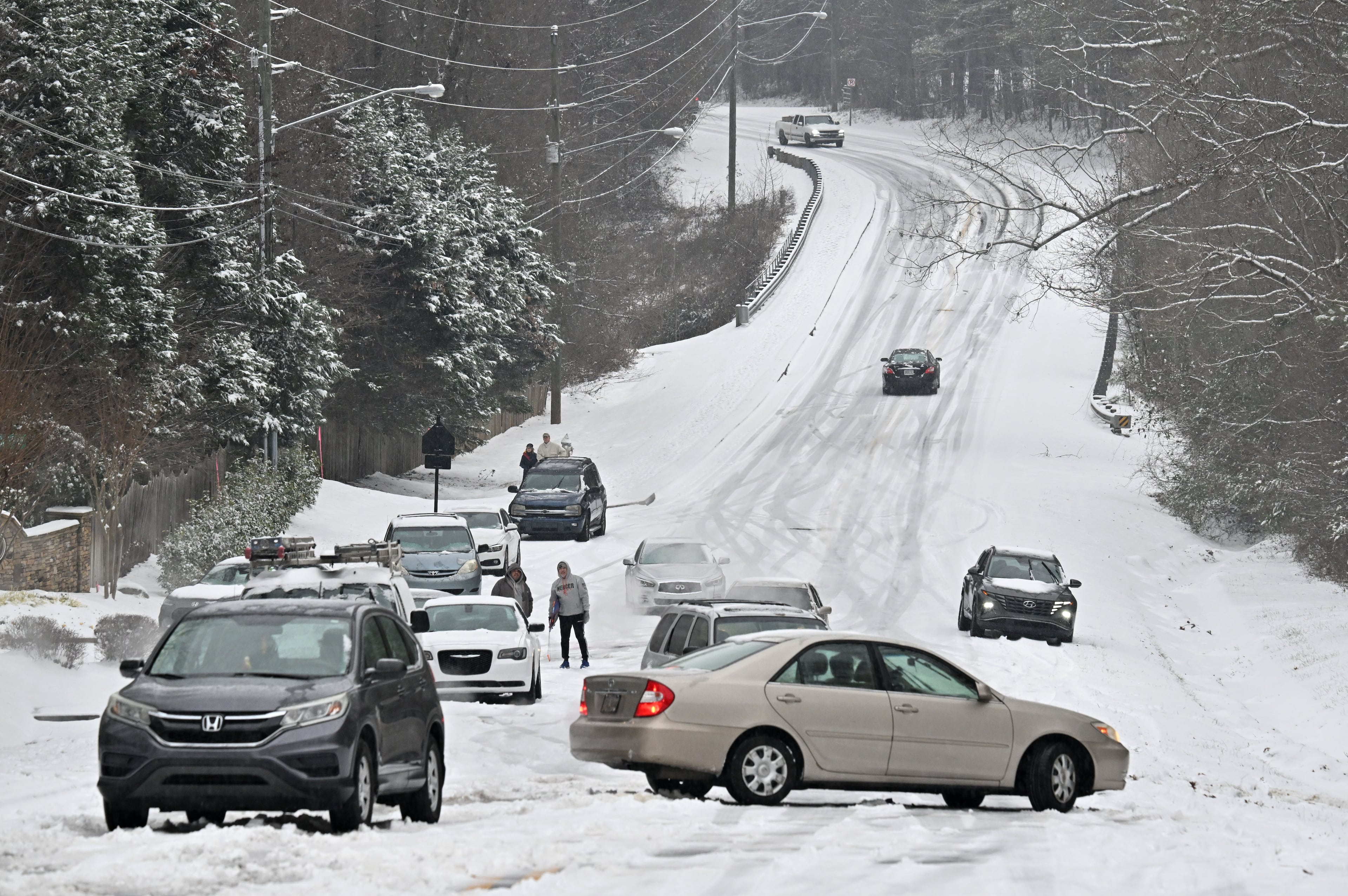Cobb property values rise in 2023, but slower than prior years

Rising home values in Cobb County slowed in 2023 compared to the more significant increases property owners saw in the last two years, according to preliminary estimates from Cobb’s chief tax appraiser.
The tax digest, which represents the total value of taxable residential, commercial, and business personal property assets, is estimated to have increased by 7.5% in 2023. In 2021, the estimated increase was 10%, and 13% in 2022, which marked the first double-digit increases in 20 years, according to the county.
Chief tax appraiser Stephen White released the yearly tax digest estimates on Thursday. The projections will help officials prepare the annual budget.
“Values continue to rise — I just don’t see them accelerating as fast as they were the prior years,” White said. “It’s like a car: instead of going 60 miles an hour like we were last year, we’re doing 35 this year.”
The average sales price of homes in the county increased from around $457,000 to $477,000 in 2023, which also marks a lower increase than in 2022.
Last year, the county changed values for over 175,000 residential properties — more than they ever have, White said. This year, 140,000 properties will see a change in values. State law requires that tax assessors keep the fair market value, reflecting the price for which the property could be sold. The average change in 2023 is about $66,000.
“Fewer properties will see an increase in value on their assessment notice, and those that do get an increase, the average change per property will be a little bit less than it was last year,” White said.
The tax assessor’s office will deliver assessments to residents in May once the digest is finalized.
This year’s property tax rate will be determined by county officials this summer when they decide whether to lower, raise, or maintain the millage rates. Even if they opt to keep rates the same, some homeowners will pay more out of pocket due to increased property value.
The county’s homestead exemption allows property owners to lock in the tax rate the year they purchased the home for the general fund portion of their tax bill. So property tax increases are largely caused by increases in the home’s value, if officials keep the rates the same.
State lawmakers gave final passage to a bill capping home assessment increases at the yearly inflation rate to slow property tax increases from local governments. Lawmakers had considered a 3% cap but compromised in the last hours of the legislative session Thursday.
Assessment caps may lead to tax rate increases, but lawmakers say that would at least make the process more transparent. Local governments could also vote to opt out of the cap.
County officials use the tax digest projections to prepare the next budget. Commissioners heard the first budget presentation this week from Finance Director Bill Volckmann, who told them that the additional unbudgeted spending that the board has already approved amounts to $16.5 million. That means the county must add that spending in the new budget before considering new funding requests from department heads.
“Please look at your impact items on the agendas, because any one of these individually does not look that daunting,” Volckmann said. “But when you put them all together, they add up quickly.”
The initial budget proposed for the next fiscal year, which starts Oct. 1, is $1.35 billion, up from $1.2 billion this year. If tax revenue does not cover the increase, the county may consider keeping the millage rate the same or increasing the rate to make up the cost through taxes.
Watch the county’s information video about the tax digest here.



